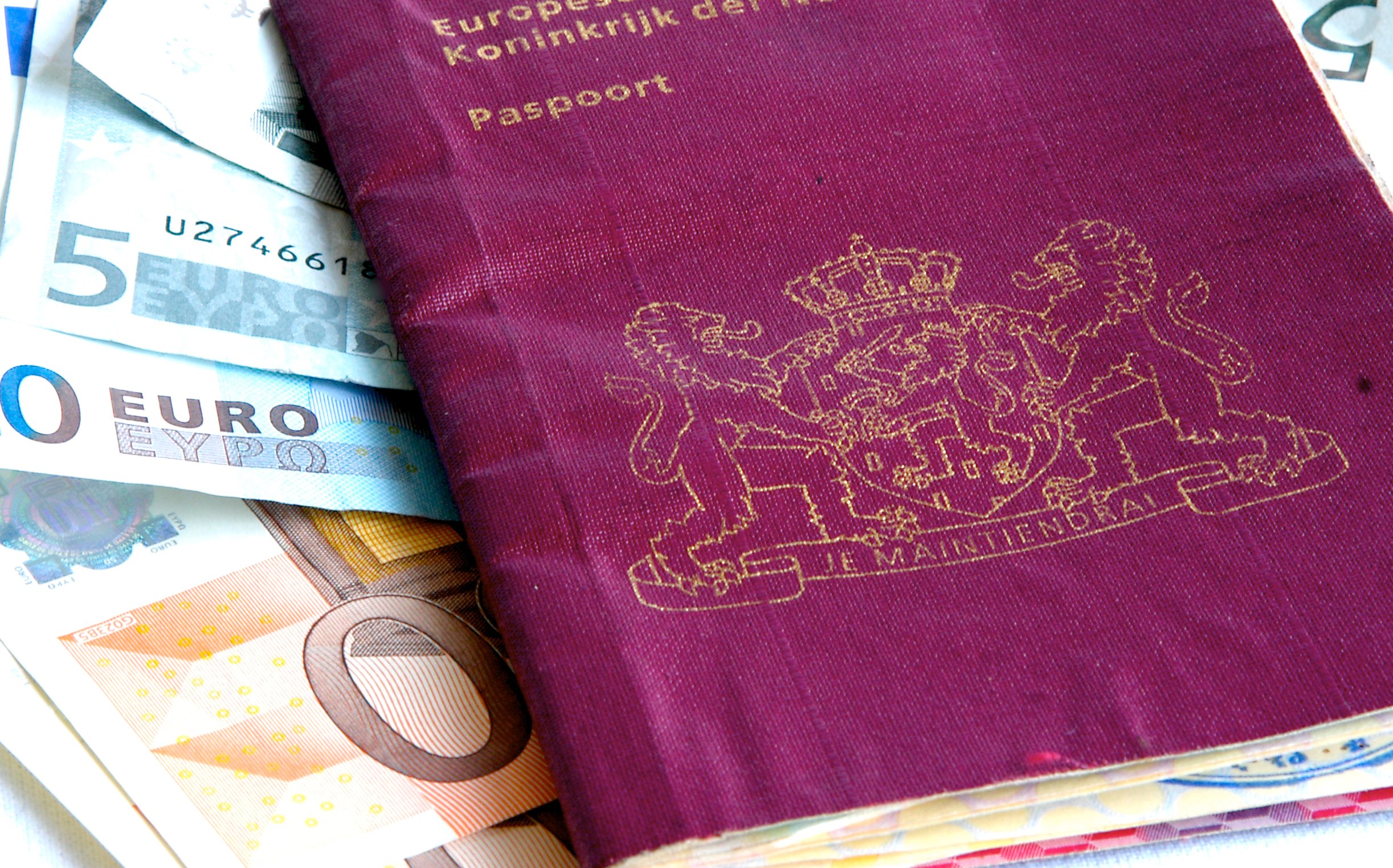Hiring international interns in the Netherlands — Exterus
3:57
With an increasingly international workforce and student population, many companies and organizations have an interest in hiring foreign students or recent graduates for an internship. Hiring international interns can be enriching to both the hired and the hirer, but it is important to make sure that the intern has the appropriate documentation to perform the internship. This article aims to provide an outline of the requirements and procedural steps to ensure a smooth and compliant hiring experience.
The Netherlands offers a welcoming environment for international talent, yet employers must be aware of the regulations to hire interns from abroad legally. For EU, EEA, and Swiss nationals, the process is relatively straightforward, as they do not require a work permit, visa or residence permit for an internship. The same rules for internships apply to these students or recent graduates as for Dutch nationals.
For non-EU nationals the requirements can be more stringent. Non-EU nationals planning to intern in the Netherlands may need a work permit and visa or residence permit, depending on their nationality and the duration of their stay.
For non-EU interns, securing a TWV may be a requisite step. Exemptions apply to students who are enrolled in a Dutch educational program and to those participating in European action programs like Erasmus+. Student who are enrolled in a Duch educational program can perform an internship without a work permit if a tripartite internship agreement is in place that is signed by the company, the student, and the educational institution to demonstrate that the internship is part of their education.
If no exemptions apply, employers must apply for a TWV at the UWV (Netherlands Employees Insurance Agency). Exterus can assist with detailing the requirements and apply for the permit with the UWV on the company’s behalf.
In addition to the work permit, non-EU students who are not enrolled in a Dutch educational program may need a visa or residence permit to legally stay in the Netherlands to perform the internship. If the internship lasts 90 days or less, the intern must apply for a Short Stay Visa, unless there is an exemption based on their nationality. If needed, the intern can apply for this visa on their own in their country of origin.
For stays exceeding 90 days, the process generally involves obtaining a single permit, regardless of the intern’s nationality. The company must apply for this permit on the intern’s behalf.
This single permit (in Dutch: Gecombineerde Vergunning Verblijf en Arbeid (GVVA)) combines the residency requirement for stays exceeding 90 days, with the abovementioned work permit. This allows the intern to perform the internship while temporarily residing in the Netherlands. The application is submitted with the IND and takes approximately 5-7 weeks to obtain.
Exterus can assist with navigating the requirements and apply for this permit on the company’s behalf with the IND as well.
The abovementioned regulations apply to both current students and those who have completed an educational degree program within the last two years.
For stays longer than 4 months, registration of the intern with a Dutch municipality (BRP) is required.
Hiring international interns in the Netherlands is a rewarding opportunity for companies looking to diversify and enrich their teams with global talent. By understanding and adhering to the legal requirements for non-EU nationals, employers can ensure a smooth and beneficial experience for both the company and the intern.
For any questions about these processes or assistance filing an application for a work or residence permit, please contact us for consultation.

Ensure market-conform salaries for immigration compliance in the Netherlands. Learn how to align HR policies with immigration regulations to support Highly Skilled Migrant and EU Blue Card applications.

Discover the 2026 Dutch highly skilled migrant salary thresholds, how annual indexation affects applications, extensions, and employer changes.

Discover the new salary thresholds for highly skilled migrants and Blue Card holders in 2026 and explore future policy changes affecting migration to the Netherlands.

Discover how the reduced salary threshold for Highly Skilled Migrants in the Netherlands benefits both employers and recent graduates. Learn eligibility criteria and key considerations.

Discover the new salary thresholds for highly skilled migrants and Blue Card holders in 2026 and explore future policy changes affecting migration to the Netherlands.

Discover the GVVA single permit in the Netherlands. Learn the hurdles, exemptions, and faster alternatives for hiring non-EU talent.

Navigating the complexities of becoming a highly skilled migrant can be challenging, but understanding the requirements is the first step.

Your guide to the EU Blue Card in the Netherlands. See 2025 requirements, salary thresholds, and how it compares to the HSM permit.

Avoid costly fines when hiring non-EU students in the Netherlands. This guide covers work permits, working hour limits, and administrative duties for employers.

Hiring non-EU talent as a non-profit in the Netherlands? Learn the pros, cons & criteria of key permits like the Highly Skilled Migrant, GVVA & EU Blue Card. Find out which fits your organization best and get expert help to simplify the process!

Looking to hire top global talent fast? Learn how your Dutch startup can hire highly skilled migrants using an Employer of Record—skip the red tape, stay compliant, and scale smarter. Discover the benefits and process in our guide.

Discover the ins and outs of holiday allowance in the Netherlands, including how it’s calculated, when it’s paid, and why it’s an essential perk for employees in the Netherlands.
Subscribe to our newsletter and stay ahead with the latest insights and developments in global employment mobility, delivered straight to your inbox.
By subscribing you agree to with our Privacy Statement